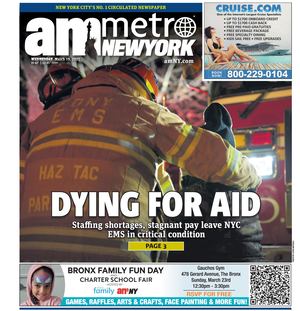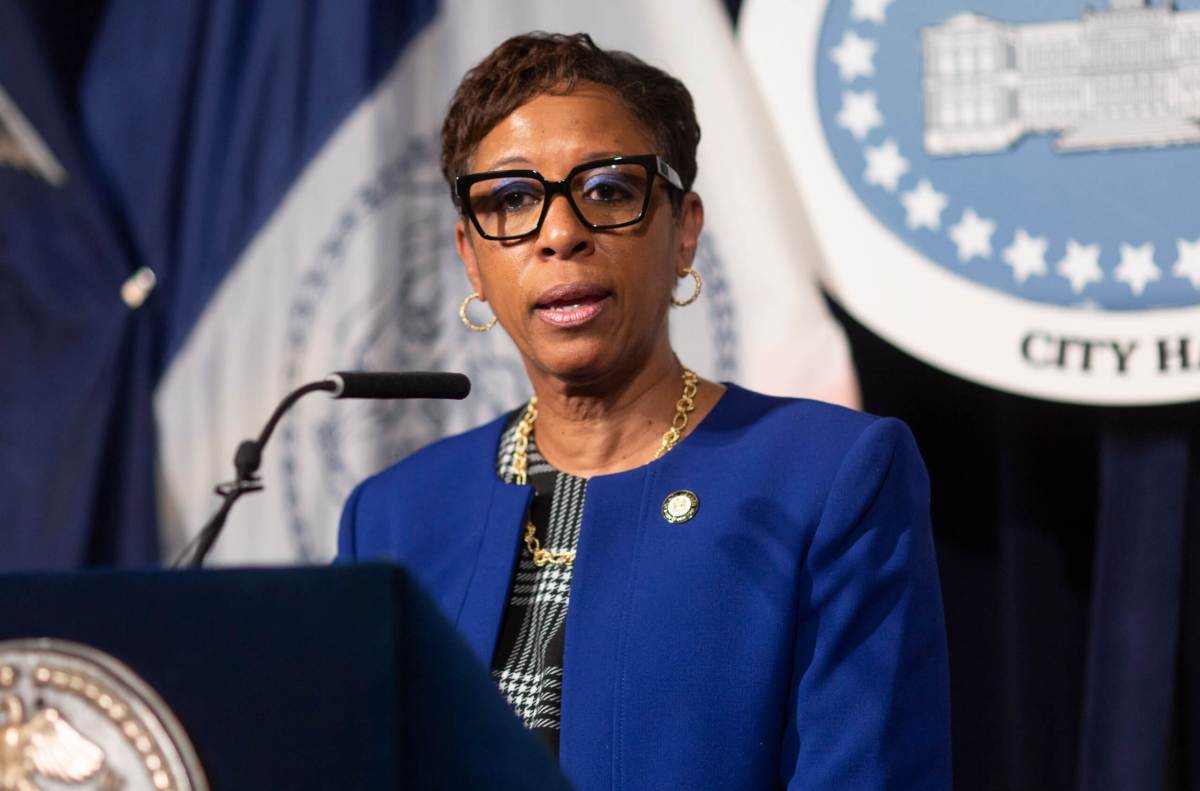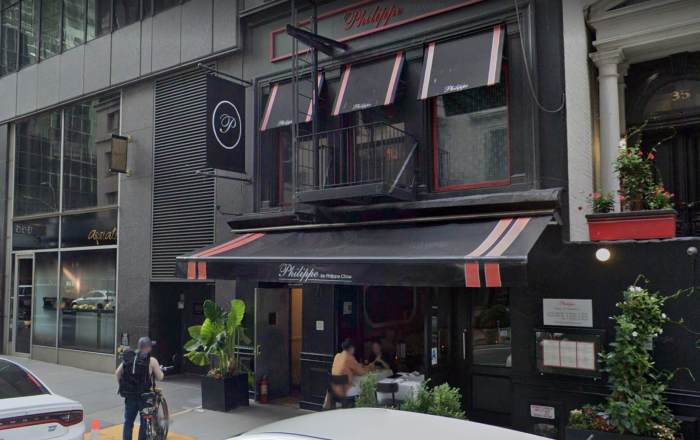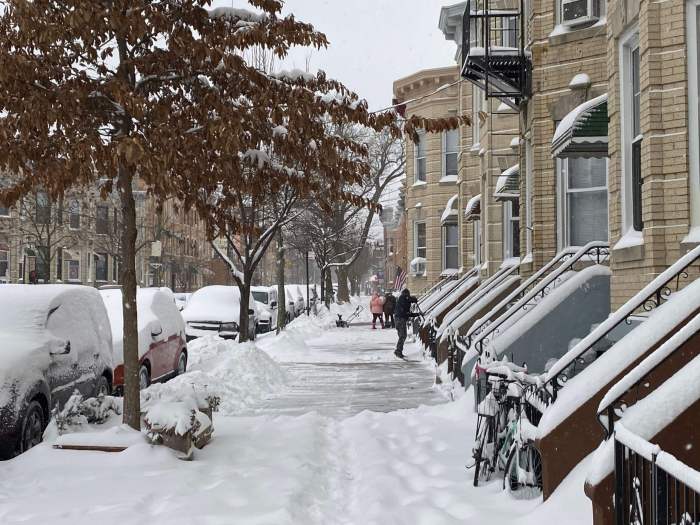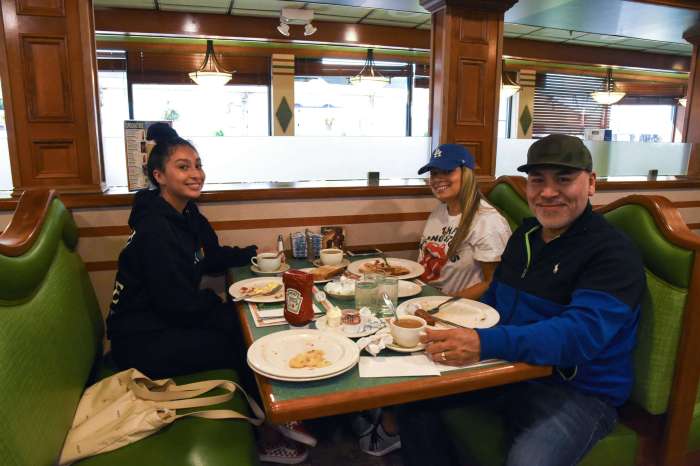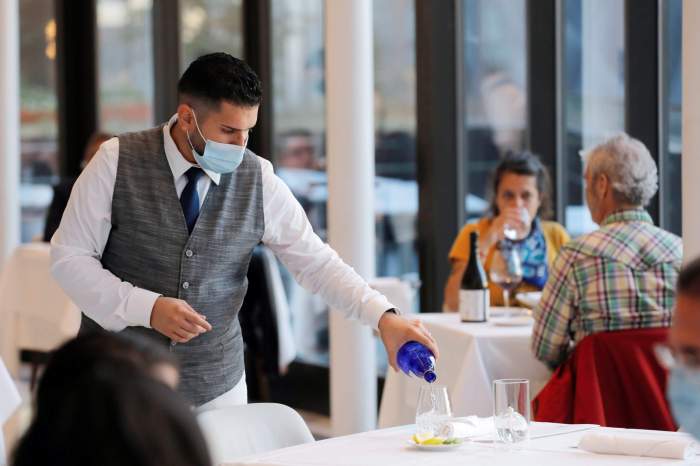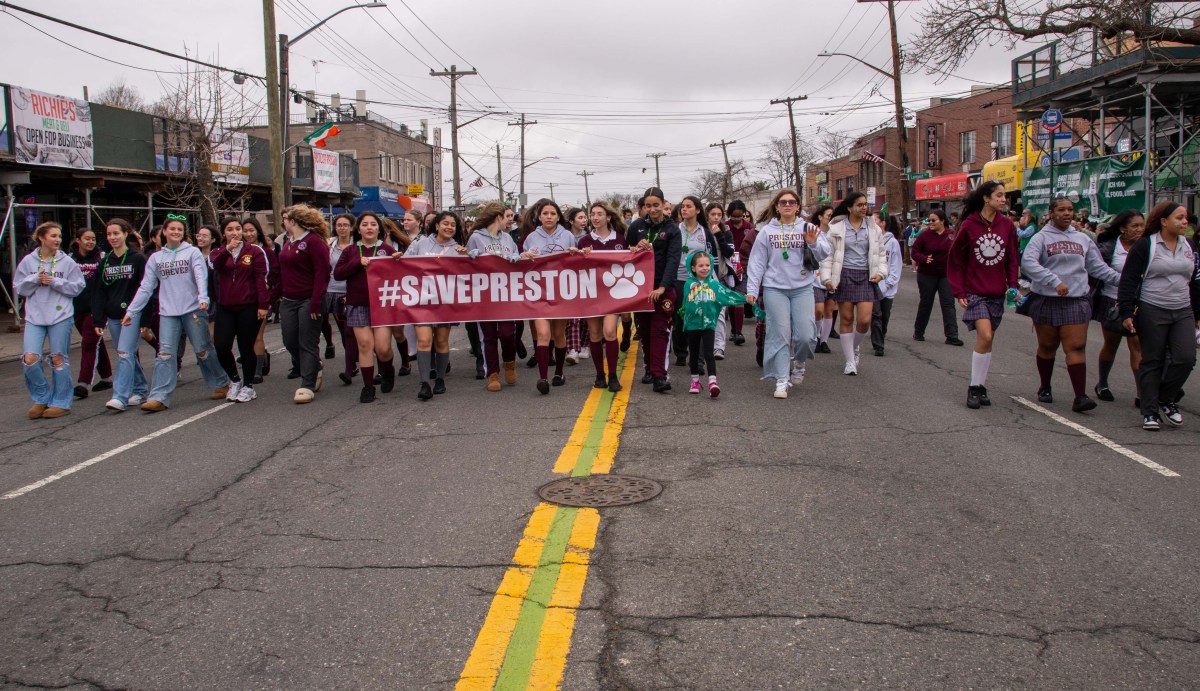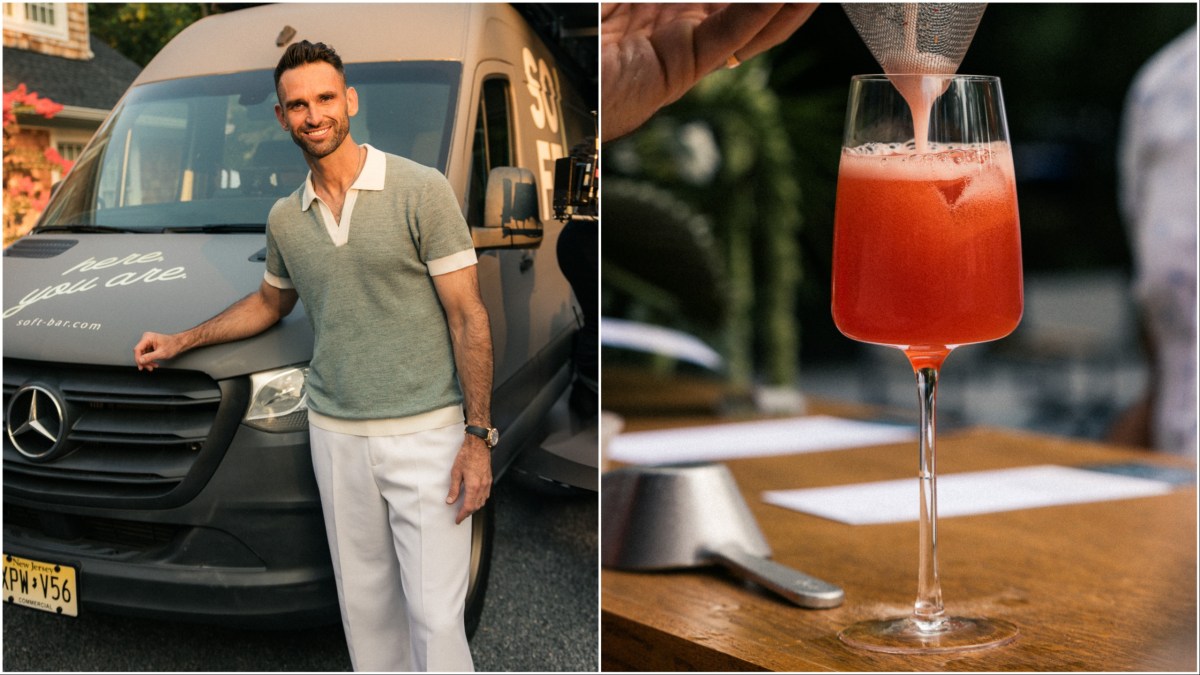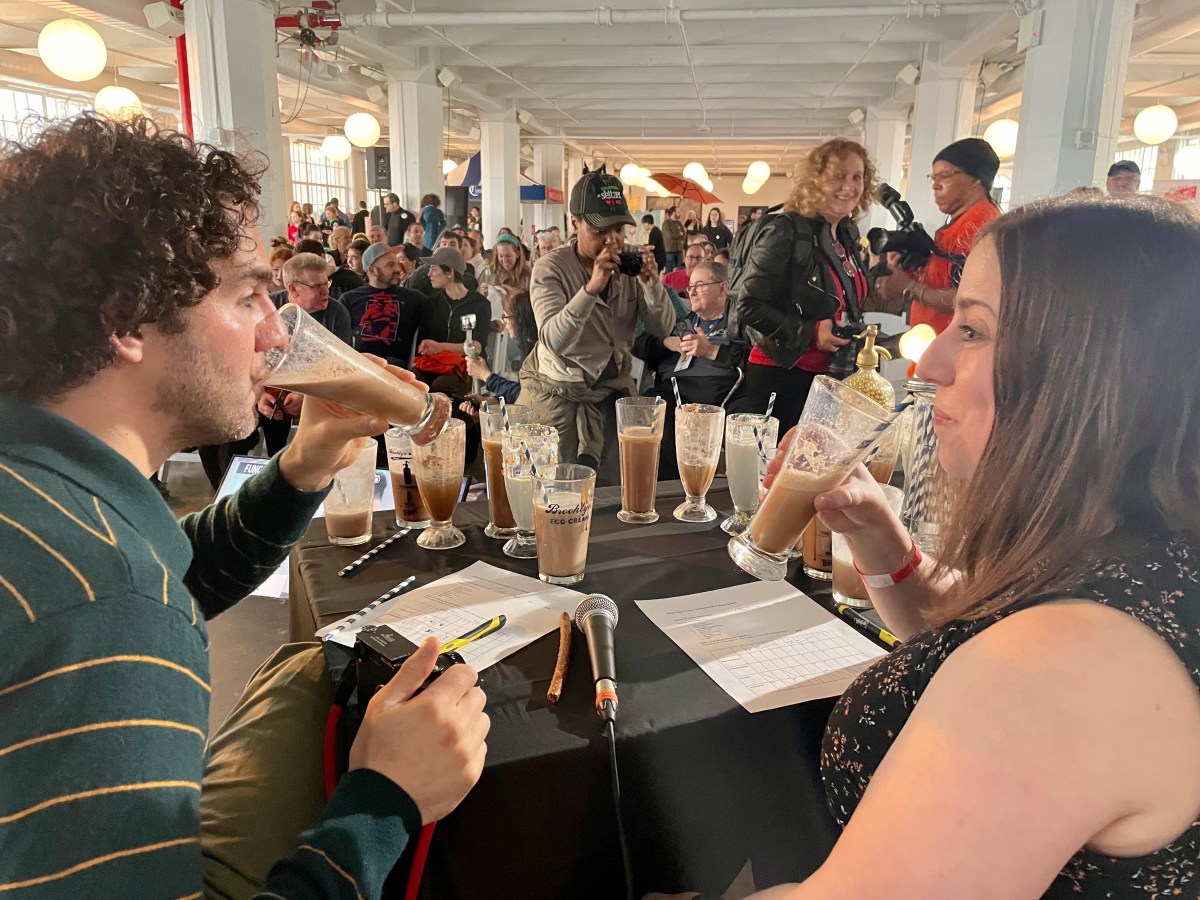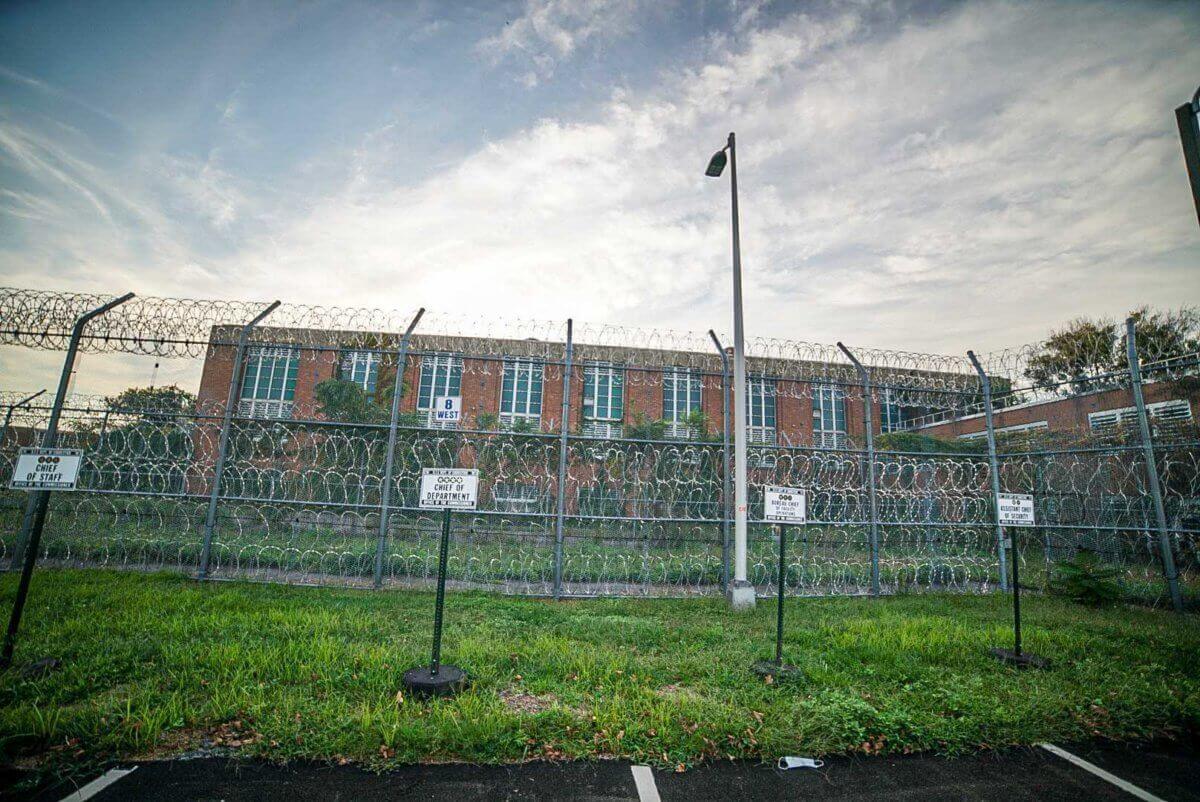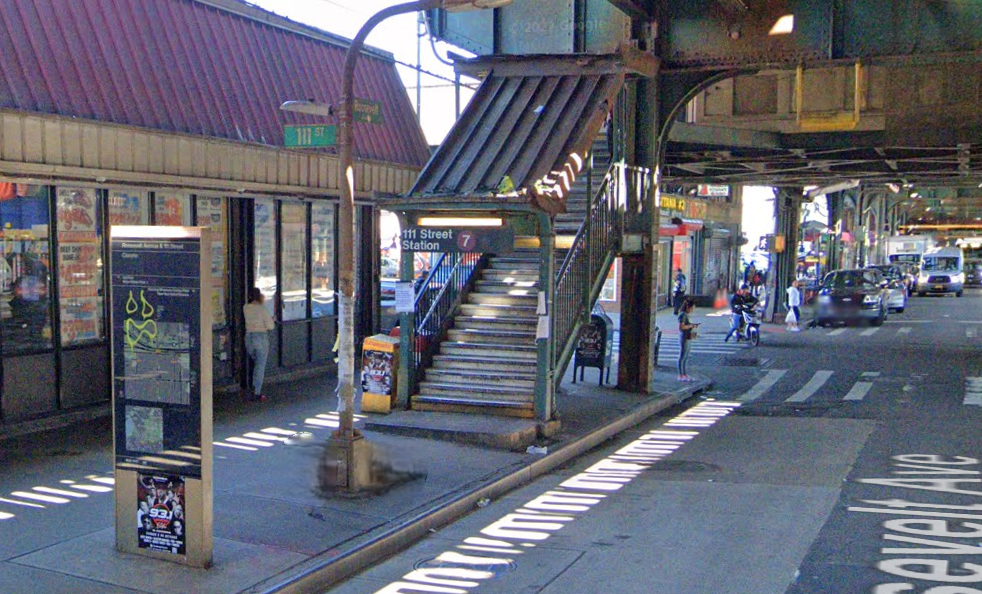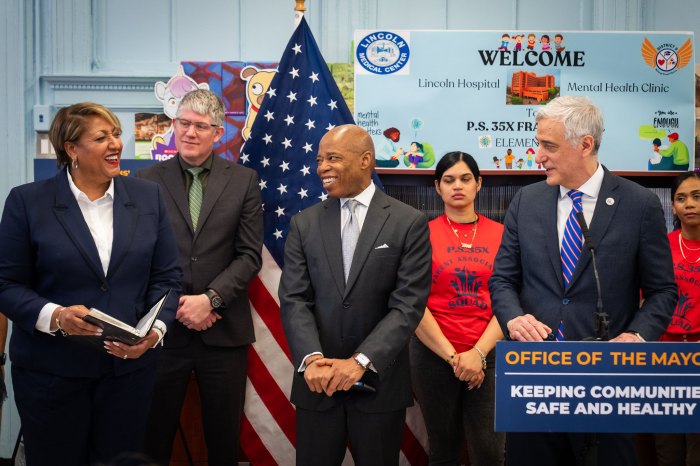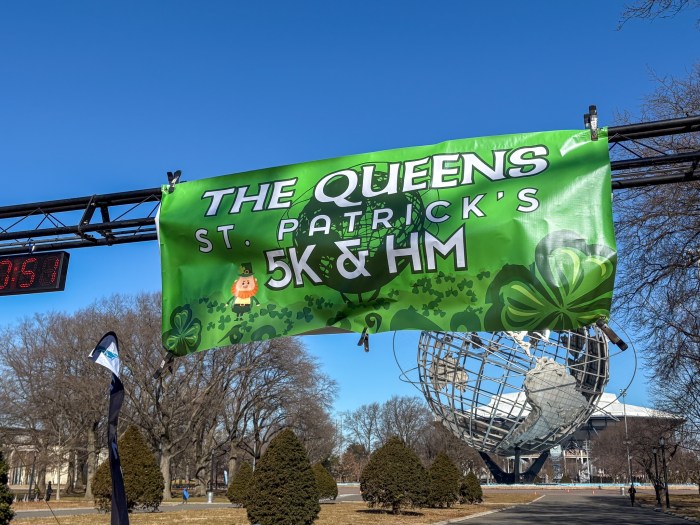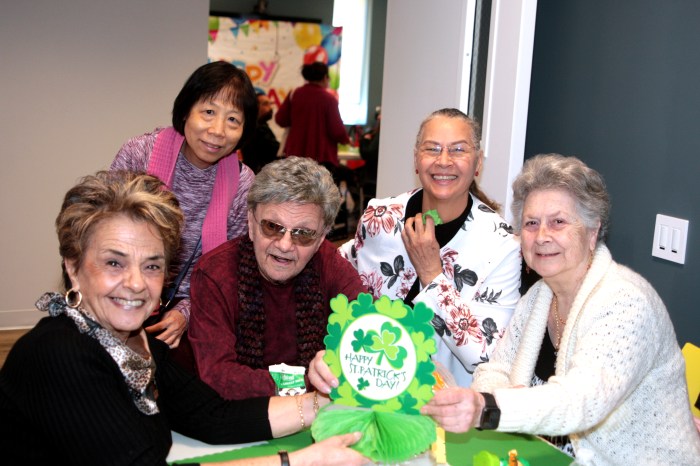New York City Council Speaker Adrienne Adams wants the city to scale back its popular pandemic-era outdoor dining program by ditching the curbside structures in the street and limiting them to the sidewalk.
The head of the city’s legislative body said at a talk Wednesday morning that the roadway eateries were only meant to be temporary to help restaurants survive during the COVID-19 crisis.
“Outdoor dining should be — in my perspective — should be sidewalk structures instead of the structures that we have in the streets now that a lot of them have turned into other things, which they were not meant to be,” Speaker Adams said during an event hosted by the reform group Citizens Union on Sept. 28.
“The structures that are in the street, that are taking up bike lanes and parking spaces and other things, that may or may not be popular to some but were never intended to be permanent structures,” she added.
The pol maintained that outdoor dining was “a beautiful thing” for the city, but said that she wanted to “rein in” the street structures.
“Outdoor dining is a beautiful thing for the City of New York,” said Adams. “I think that the characteristics of New York have to be maintained, so we would have to rein in those types of structures that we allowed during the pandemic.”
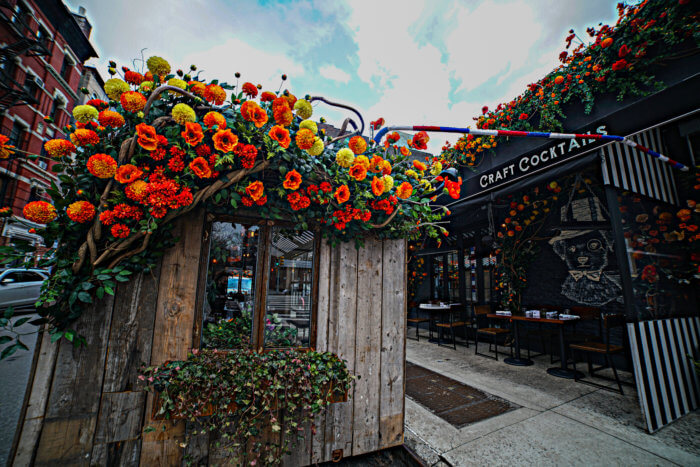
The city has been planning to make the COVID-era dining program launched under former Mayor Bill de Blasio permanent, but lawsuits by opponents of the scheme have held up those efforts for months.
The Council introduced legislation in February to replace the old city sidewalk cafe regulations and the temporary pandemic program with a more fleshed out framework regulating outdoor dining on the sidewalk and in the street alongside the curb.
The city’s Open Restaurants program launched at a time when state restrictions banned indoor dining to stop the spread of the coronavirus, and became a lifeline for the industry, saving some 100,000 businesses, according to city estimates.
A spring survey by the Regional Plan Association found that 86% of respondents thought the initiative was successful. An earlier 2020 study by the Department of Transportation, which oversees Open Restaurants, found that 84% of Manhattan residents supported using curbside space for outdoor dining.
Critics have hammered officials about a loss of parking spaces, noise, and some of the sheds being in decrepit shape. Opponents have also taken issue with some of the sheds becoming makeshift shelters for people experiencing homelessness.
Advocates noted that Open Restaurants only repurposed around 0.3% of public parking spaces for the enjoyment of thousands of residents and visitors to the Big Apple.
“As the City Council helps the Adams administration develop a framework to make these programs permanent, they most move forward — not backward — and continue to use public street space for the greatest public benefit,” read a statement by Alfresco NYC, a coalition including the Regional Plan Association, the Tri-State Transportation Campaign, and the Design Trust for Public Space.
The head of the New York City Hospitality Alliance, which advocates for the city’s restaurant industry, said that while it was initially a pandemic measure, the street structures have proven to be popular.
“Outdoor dining with streeteries has incredible supporters including Mayor Adams and many City Council members who have planned to enact an enhanced outdoor dining system that will be a successful and an essential feature of the city’s streetscape for many years to come,” said Andrew Rigie.
Mayor Eric Adams launched a blitz to tear down dilapidated and abandoned structures last month. A spokesperson for the mayor said hizzoner supports seating in the road.
“Mayor Adams supports a full, equitable, permanent Open Restaurants program that all New Yorkers can be proud of,” said Charles Lutvak. “That means resuscitating local restaurants all across the city post-pandemic with seating on the sidewalk and in the roadway.”
DOT officials told the Council earlier this year that they were mulling more temporary setups made of barriers and umbrellas in the street, rather than the elaborate structures some businesses set up over the past two years.
A spokesperson for Speaker Adams said the pol was just giving her opinion, and that the proposed law she and her 50 colleagues in the Council are working on still includes the roadside dining option.
“The Speaker indicated that she was giving her own perspective at this morning’s breakfast,” said Mandela Jones in a statement. “As the leader of a legislative body that represents all of New York City, incorporating the perspectives of her members and New Yorkers in crafting policy is at the heart of the job.”
